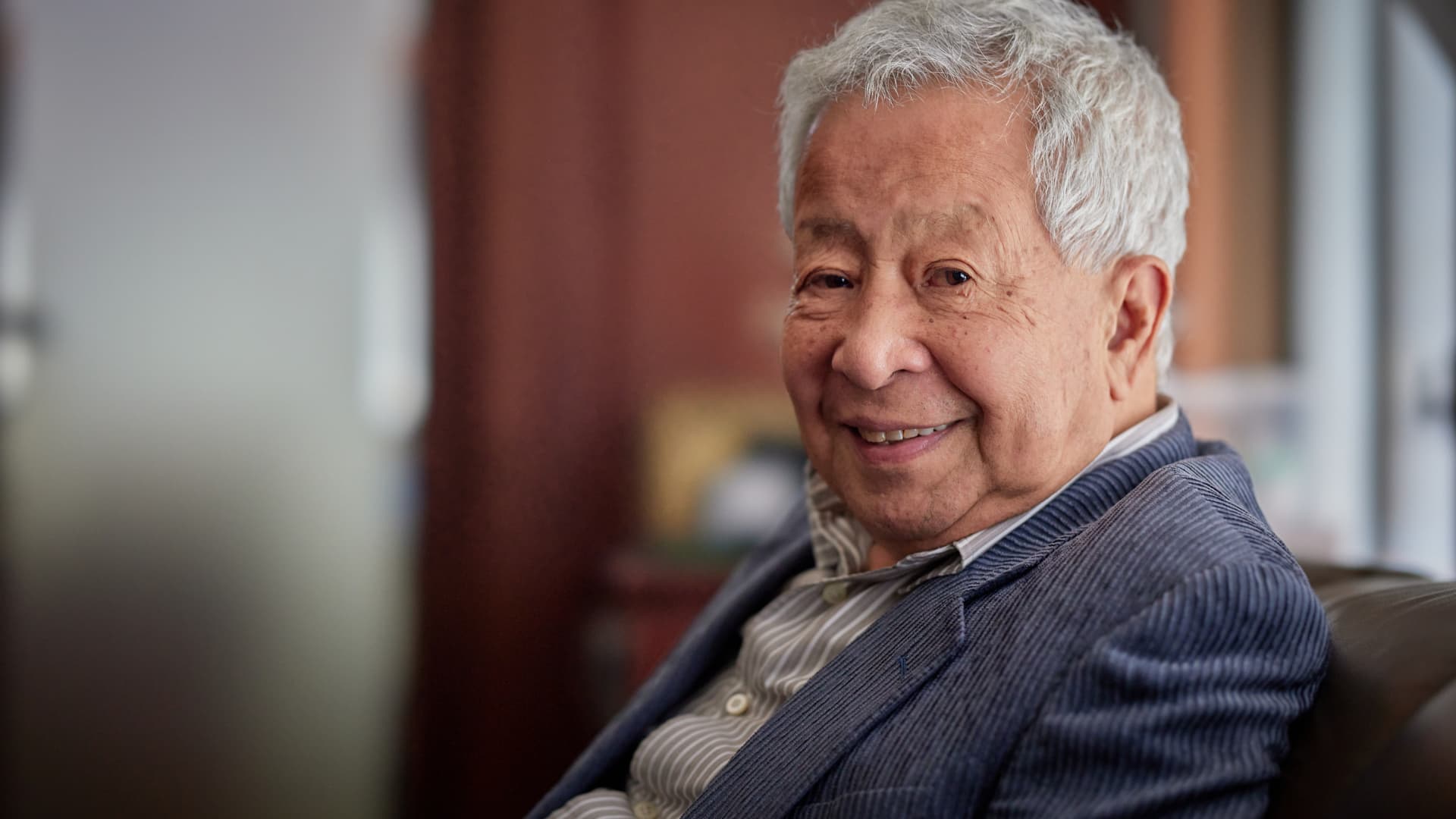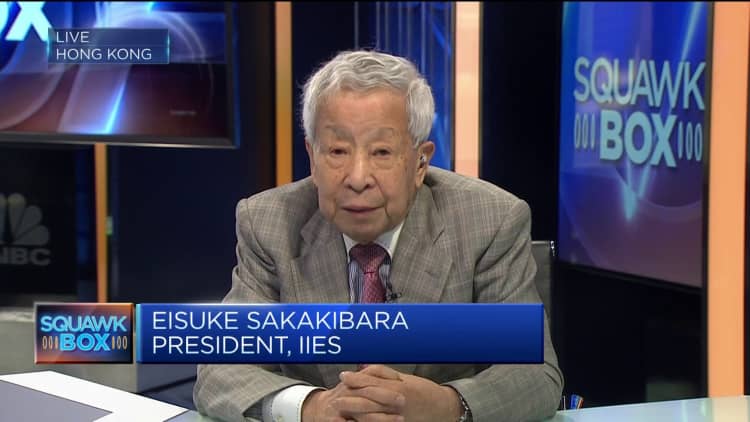

Japanese authorities may intervene if the yen sinks to 155 to 160 against the dollar, according to a former top foreign exchange official Eisuke Sakakibara.
The Bank of Japan’s decision on Tuesday to exit the world’s last remaining negative rates regime sparked a sell-off in the Japanese currency as Governor Kazuo Ueda reiterated monetary conditions will stay loose for the time being — given the fragile recovery in the Japanese economy. He also didn’t commit to a terminal rate level.
On Wednesday, ahead of the U.S. Federal Reserve’s interest rate decision later in the day, the yen touched its weakest in four months against the dollar, falling to around 151 and tumbling against the euro to its lowest since 2008.

“155, 160 is a little bit excessive. If that happens, they may intervene,” Sakakibara, who’s currently president of the Institute for Indian Economic Studies, told CNBC on Wednesday. He was referring to Japanese authorities, such as the Ministry of Finance.
He expects the yen to strengthen to 130 by the end of this year or early 2025, saying the period of deflation is over. “The period of inflation is forthcoming,” Sakakibara said.
Nicknamed “Mr Yen,” Sakakibara is known for his influence over the yen in the late 1990s during his tenure as Japan’s vice minister of finance and international affairs.
Eisuke Sakakibara, Japan’s former vice finance minister, in Tokyo, Japan, on Thursday, July 6, 2023. He is known as “Mr. Yen” for his ability to influence the currency during his tenure as Japan’s vice finance minister from 1997-1999.
Shoko Takayasu | Bloomberg | Getty Images
Decades of accommodative monetary policy in Japan — even as other global central banks tightened policy in the last two years — have concentrated carry trades in the Japanese yen.
The vast interest rate difference between Japan and the U.S. and elsewhere in the world has kept the yen weak as investors borrowed at low costs in Japan and purchased assets in a currency that yielded higher returns.
